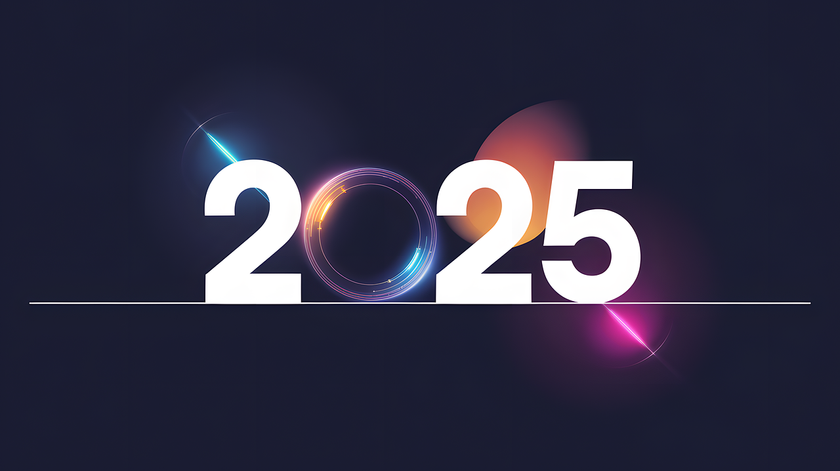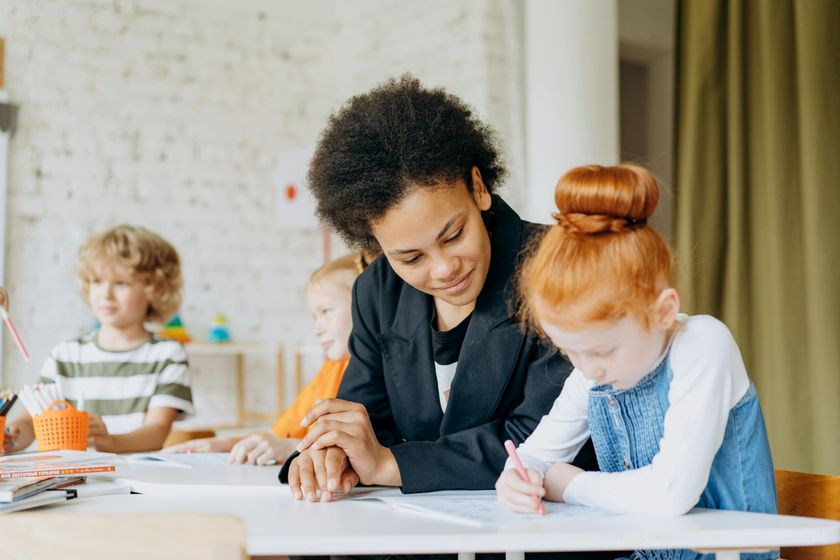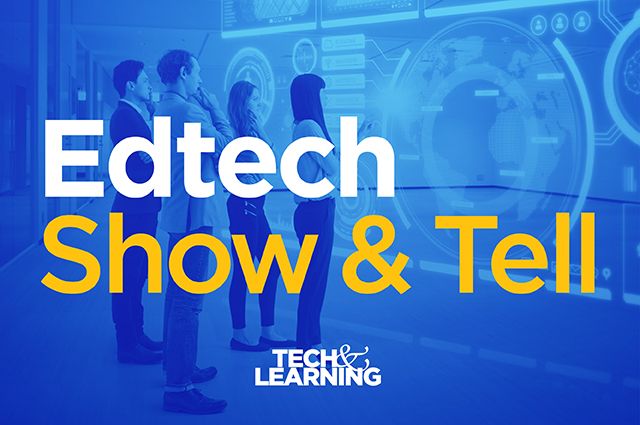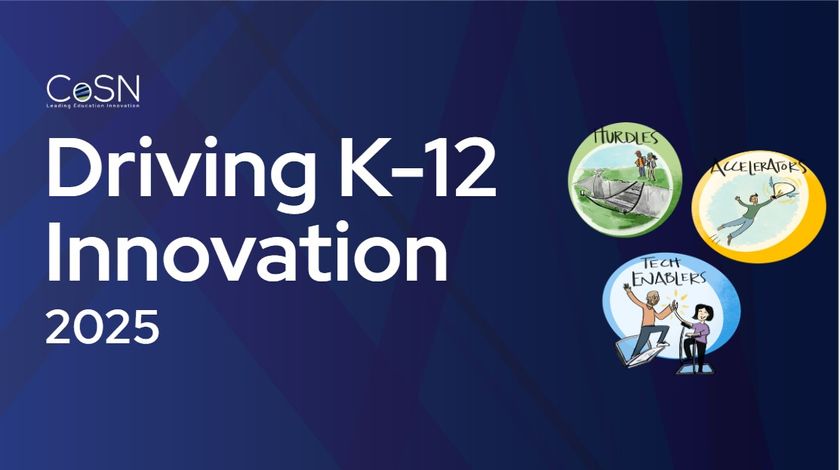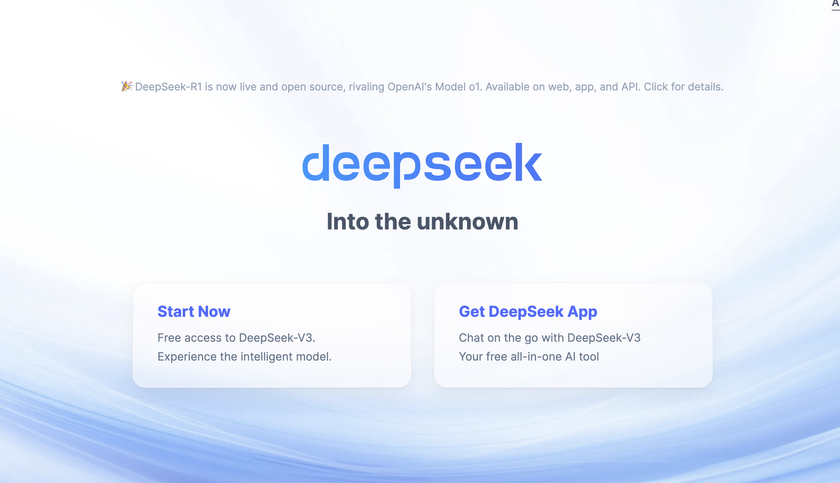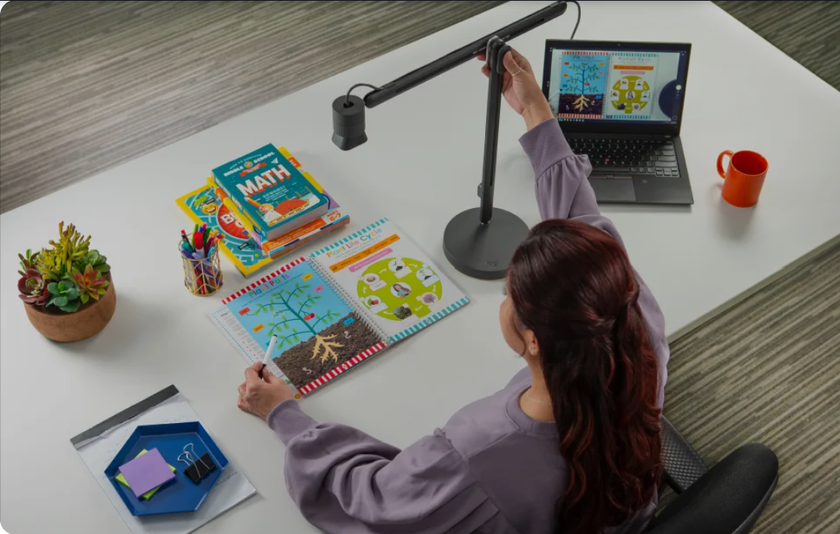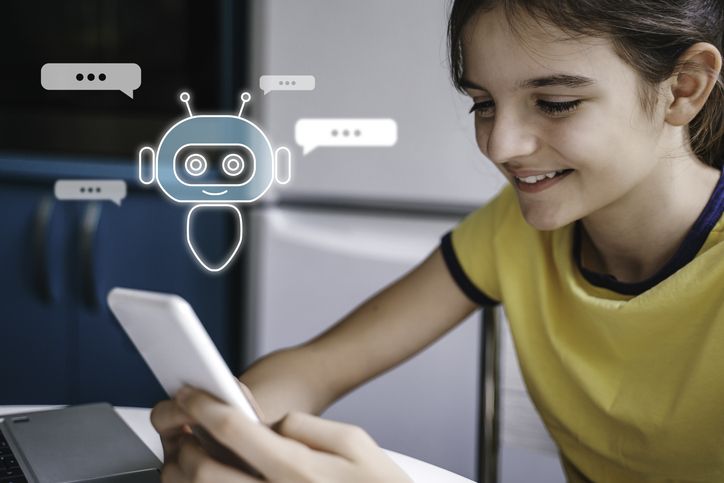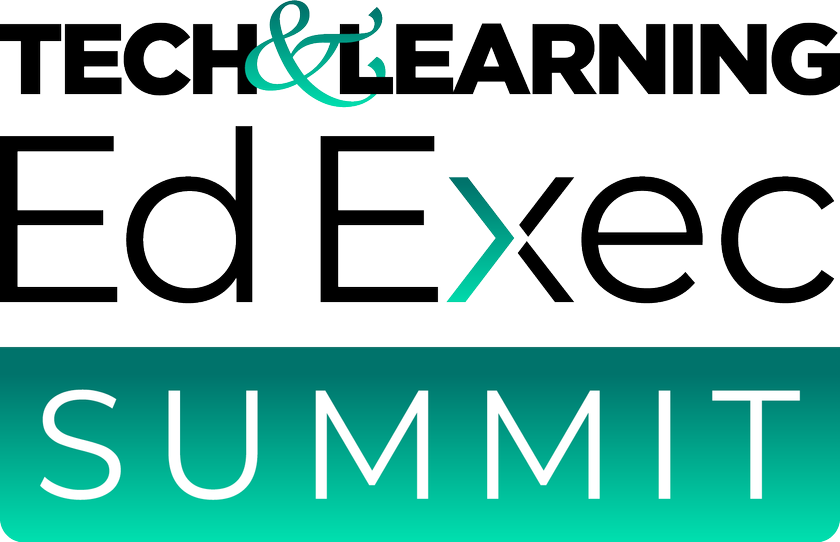Google for Education Identifies 3 New Education Trends
Lifelong learning, changing skill sets, and growing demand for problem-solving are all new education trends according to a report from Google for Education.

A global study of the future of education by Google for Education has identified three key education trends:
- A rising demand for global problem-solvers
- The skill sets required for work are evolving
- Embracing a lifelong learning mindset is necessary
For the research, Google for Education collaborated with Canvas8 and American Institutes for Research to conduct a global study in 24 countries. The report, the first of a three-part series, draws on interviews with 94 educational experts and two years of peer-reviewed academic literature and a media narrative analysis.
To Jennie Magiera, Global Head of Education Impact at Google, the research affirmed what many educators are already doing. “I found this whole report deeply validating for me, in saying, ‘Yes, the way that I was teaching was right,’” says Magiera, a veteran math and science middle grader teacher who worked in Chicago Public Schools. “It wasn't me just going off to left field and being creative for no reason. It was really goal-oriented in supporting my students in getting ready for success as they enter the workforce.”
Education Trends: The Need for Global Problem-Solvers
“As we think about 'global,' oftentimes we're just thinking about global such as geographic. We're using 'global' in this trend, both in terms of the space – I am Jenny from Chicago, but I'm also Jenny of planet Earth of the entire world – and also global as my whole self, like that whole child learner concept,” Magiera says.
To bolster this more holistic approach to education and the term "global," teachers should focus on helping students understand their place in the world and how their actions impact others. “We want to make sure our learners have a support system so that we can give them positive support when they're in difficult circumstances, so that they can feel confident and secure in their own space as their own self,” Magiera says. “That then allows them to have empathy with one another and with their neighbors, both local and global.”
Building New Skill Sets
“By 2025 we'll see 97 million new jobs created, and 85 million existing roles disappear,” Magiera says. “When you hear that you can immediately go to the 85 million roles that will disappear, and be like, ‘Robots are taking over the world. Skynet, the Terminator.' No.”
However, look closer at those numbers and you’ll realize that the net gain will be 12 million new jobs. “There's a huge push, obviously for computer science and making sure that we're supporting students and understanding the new digital languages of today and tomorrow,” Magiera says. “The World Economic Forum identified the skills with growing demand for employers within the next few years and they named analytical thinking and innovation, active learning, complex problem-solving, critical thinking, analysis and creativity, originality, and initiative.”
Tech & Learning Newsletter
Tools and ideas to transform education. Sign up below.
Teachers can prioritize these skills by incorporating the real world into the lessons and exercises they assign. “Having been a middle-grade math and science teacher, when I think about that, I could teach math in a lot of ways. I could give my students a packet of worksheets and be like, 'Do 100, practice sets of multiplication,'” Magiera says. “Or I could give them authentic real-world situations that require them to utilize mathematical knowledge, like multiplication, and engage them in problem-solving.”
Adopting teaching approaches such as project-based learning and phenomenon-based learning can help foster these desired sills.
Developing a Life-Long Learning Mindset
The report predicts that as many as half the children born today living in some countries will live to be 100. As the lifespan increases, Google for Education’s report calls for expanding the learning span as well.
For educators, that means continuing to learn new skills during their career as well as helping students realize that learning is a lifelong pursuit. Magiera would emphasize this to her students through classroom guests. “I'm a big fan of modeling, and I'd love to bring real-world examples into my classroom,” she says. “I brought in a friend's father who was an architect, but he started off in a completely different field and had three or four different chapters and acts to his life where he had different careers and he was variably successful in each.”
Magiera’s sister, Kat Cho, is a New York Times bestselling author of young adult science fiction and fantasy, yet began her career as a cancer researcher. “I've had her speak with students about following their passions and being open to change,” she says. “It’s that growth mindset versus that fixed mindset that educators are constantly trying to teach children. It’s not, ‘This is who you are forever. This is the way it is,’ but that growth mindset of ‘It's always possible to change your skill sets, your identity, your approach to things and what you're good at.’”
Erik Ofgang is a Tech & Learning contributor. A journalist, author and educator, his work has appeared in The New York Times, the Washington Post, the Smithsonian, The Atlantic, and Associated Press. He currently teaches at Western Connecticut State University’s MFA program. While a staff writer at Connecticut Magazine he won a Society of Professional Journalism Award for his education reporting. He is interested in how humans learn and how technology can make that more effective.

